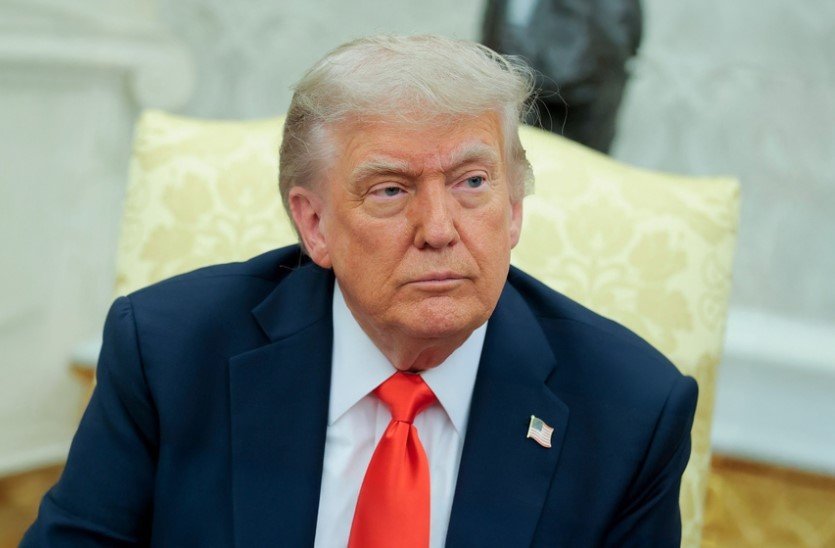World leaders gathered in Sharm El Sheikh, Egypt, on October 13, 2025, for a major peace summit aimed at ending the Gaza conflict and building lasting stability in the Middle East. Co-chaired by US President Donald Trump and Egyptian President Abdel Fattah al-Sisi, the event follows a fragile ceasefire that has held for days, with hostage releases underway and hopes high for a broader deal.
Summit Goals and Importance
This summit marks a key moment in efforts to resolve the Gaza crisis, which has claimed thousands of lives since it began in 2023. Organizers want to lock in the ceasefire, plan Gaza’s future governance, and boost regional security.
Trump arrived after speaking at Israel’s Knesset and meeting hostage families, calling the event a chance to end the war for good. Al-Sisi highlighted Egypt’s role in talks, stressing the need for aid and reconstruction. The meeting draws on Trump’s 20-point peace plan, which includes hostage swaps, aid delivery, and steps toward Palestinian self-rule.
Experts say the summit could shape Middle East politics for years. With global tensions high, success here might ease conflicts elsewhere, like in Lebanon.
Key Leaders Attending the Event
More than 20 leaders joined the talks, bringing diverse views to the table. Their presence shows strong international support for peace.

Trump and al-Sisi lead as co-chairs, with Trump pushing his plan and al-Sisi focusing on border security. Other notable attendees include French President Emmanuel Macron, who backs humanitarian efforts, and UN Secretary-General Antonio Guterres, calling for lasting ceasefires.
Turkey’s President Recep Tayyip Erdogan attends to advocate for Palestinian rights. Pakistan’s Prime Minister Shehbaz Sharif represents South Asian interests. Qatar’s Emir Sheikh Tamim bin Hamad Al Thani, a key mediator, joins to ensure deal compliance.
India sent Minister of State Kirti Vardhan Singh after Prime Minister Narendra Modi declined a last-minute invite. This mix of leaders aims to balance Arab, Western, and global perspectives.
| Leader | Country | Role in Summit |
|---|---|---|
| Donald Trump | USA | Co-chair, pushes peace plan |
| Abdel Fattah al-Sisi | Egypt | Co-chair, focuses on aid and borders |
| Emmanuel Macron | France | Supports humanitarian aid |
| Antonio Guterres | UN | Advocates for international law |
| Recep Tayyip Erdogan | Turkey | Backs Palestinian statehood |
| Shehbaz Sharif | Pakistan | Represents regional stability views |
Who Skipped the Summit and Why
Not everyone showed up, creating gaps in the talks. Israel, Hamas, and the Palestinian Authority are absent, which raises questions about enforcing any agreements.
Israeli Prime Minister Benjamin Netanyahu stayed away, citing security concerns and disagreements over Gaza’s future rule. Hamas declined, viewing the summit as biased toward Israel. Palestinian Authority President Mahmoud Abbas also skipped, amid debates on his group’s role in post-war Gaza.
Other misses include Saudi Arabia’s Crown Prince Mohammed bin Salman, who sent a delegate instead. Iran’s leaders were not invited, due to ongoing rivalries. These absences highlight challenges in uniting all sides.
Analysts note that without direct involvement from conflicting parties, the summit might produce broad principles but struggle with details. Still, backchannel talks could bridge some divides.
Ceasefire Progress and Challenges
The ceasefire, in place since early October 2025, has allowed the first hostage releases by Hamas. Israel prepares to free Palestinian prisoners in return, a step hailed as a breakthrough.
Under phase one of the deal, aid trucks entered Gaza, easing a humanitarian crisis that left millions in need. Reports show over 50 hostages freed so far, with more expected soon. Trump credited his pressure on both sides for this progress.
Challenges remain, though. Skirmishes near borders test the truce, and rebuilding Gaza could cost billions. International donors pledged funds, but corruption fears linger.
- Hostage releases: First batch included women and children, boosting morale.
- Aid delivery: Food and medicine reached northern Gaza, reducing famine risks.
- Enforcement issues: Monitors from Egypt and Qatar watch for violations.
Potential Outcomes and Global Impact
Discussions may lead to a roadmap for Gaza’s governance, possibly involving reformed Palestinian groups. Trump seeks to tie this to broader deals, like normalizing ties between Israel and Arab states.
If successful, the summit could lower oil prices by stabilizing the region, helping global economies. It might also inspire talks in other hotspots, such as Ukraine.
Failure risks renewed fighting, experts warn. With elections looming in several countries, leaders face pressure to deliver results.
What do you think about the summit’s chances for real peace? Share your views in the comments and spread the word to keep the conversation going.
